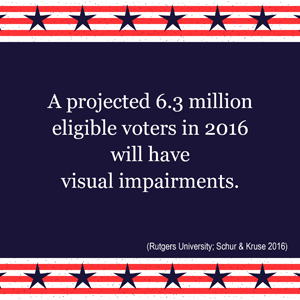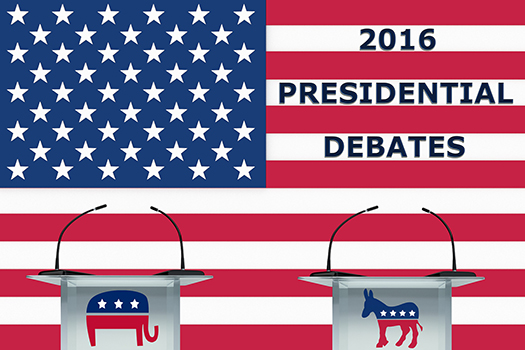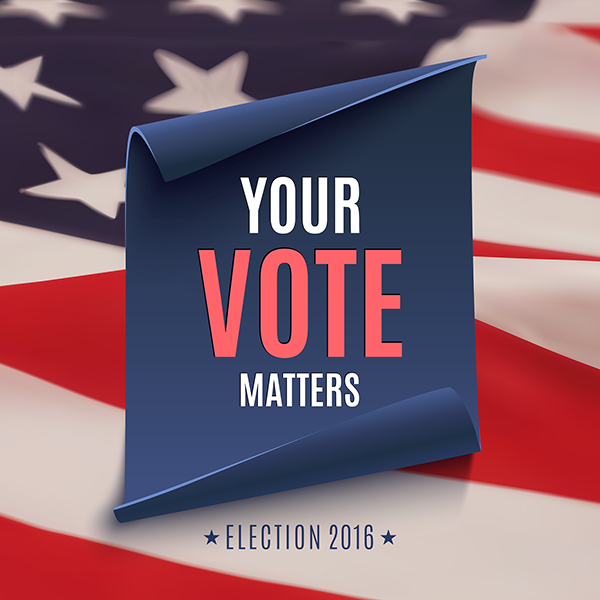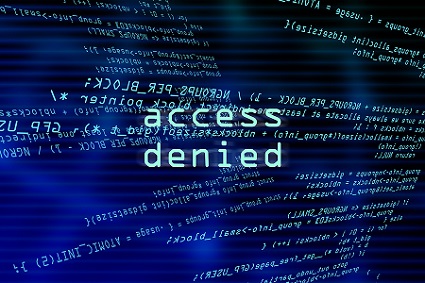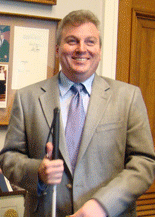
Hollywood is waist deep into its annual awards season.

It's almost Election Day. People with vision loss can have the greatest impact when everyone takes action, registers, and votes—whether voting early, absentee, or on Election Day, November 8th!
The upcoming presidential debates have me thinking about what I might ask the candidates if I were a debate moderator. It isn’t often that disability issues get front-and-center attention during a nationally televised event like a presidential debate, let alone issues specific to people who are blind or visually impaired.
But what if they did?
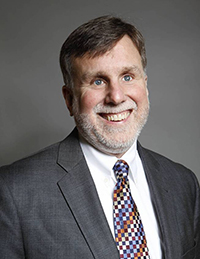
This year marks the 26th anniversary of the signing of the landmark Americans with Disabilities Act (ADA). Each year, advocates look for ways in which to properly commemorate the ADA and to celebrate the promise of equal access that it represents. We at the American Foundation for the Blind are also weighing in, not only with praise for the barriers that the ADA has broken down, but also with concern about the work that still needs to be done.
The American Foundation for the Blind needs your help! This week, we are asking all of you to support the Cogswell-Macy Act, the most comprehensive special education legislation for students with sensory disabilities to date.
The AFB Leadership Conference (AFBLC) seeks to improve the quality of programs and services to blind and visually impaired children and adults. AFBLC provides a forum in which leadership personnel, in both education and rehabilitation, have the opportunity to increase their awareness of student and client needs, expand their knowledge, refine leadership skills, and share concerns and strategies.

